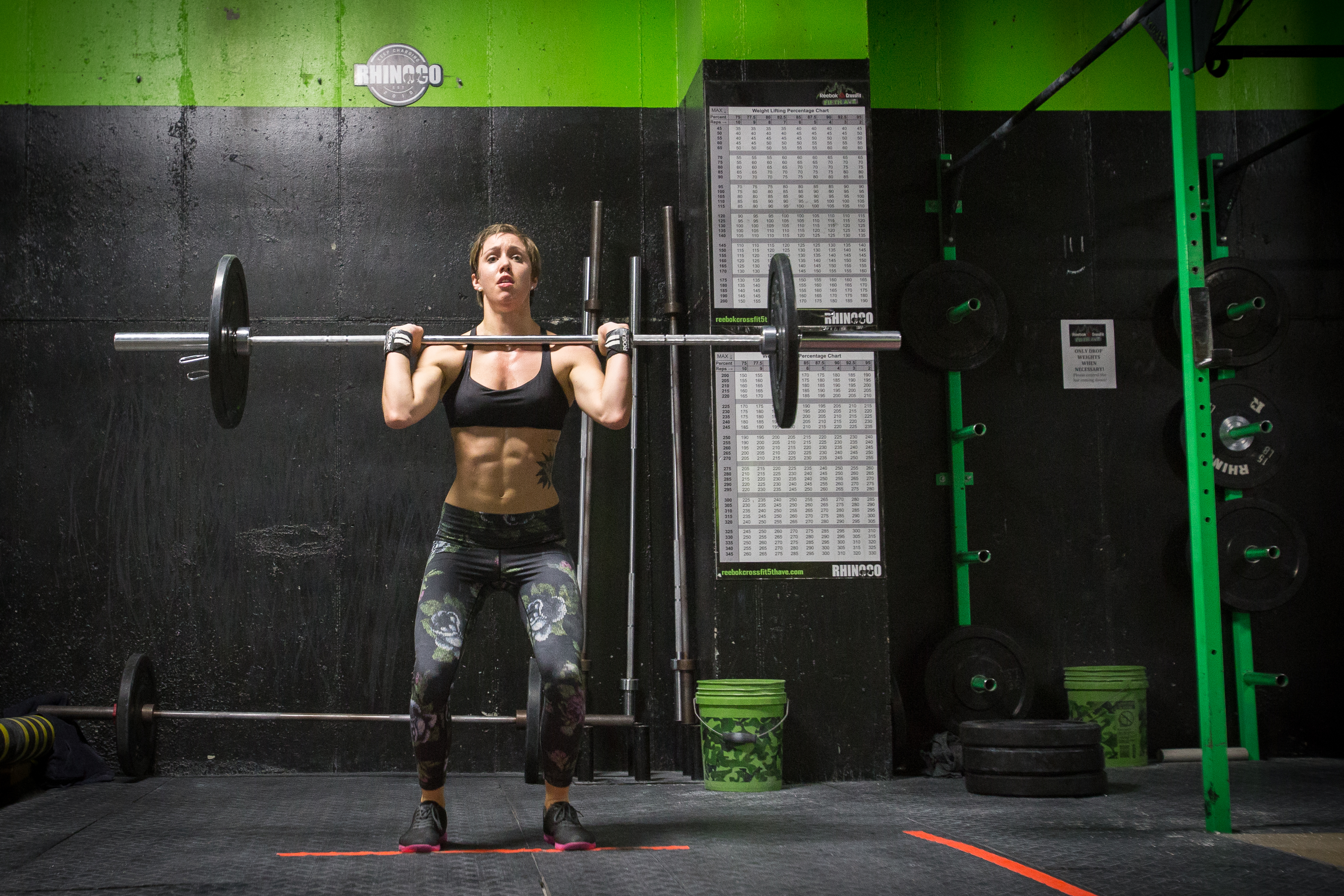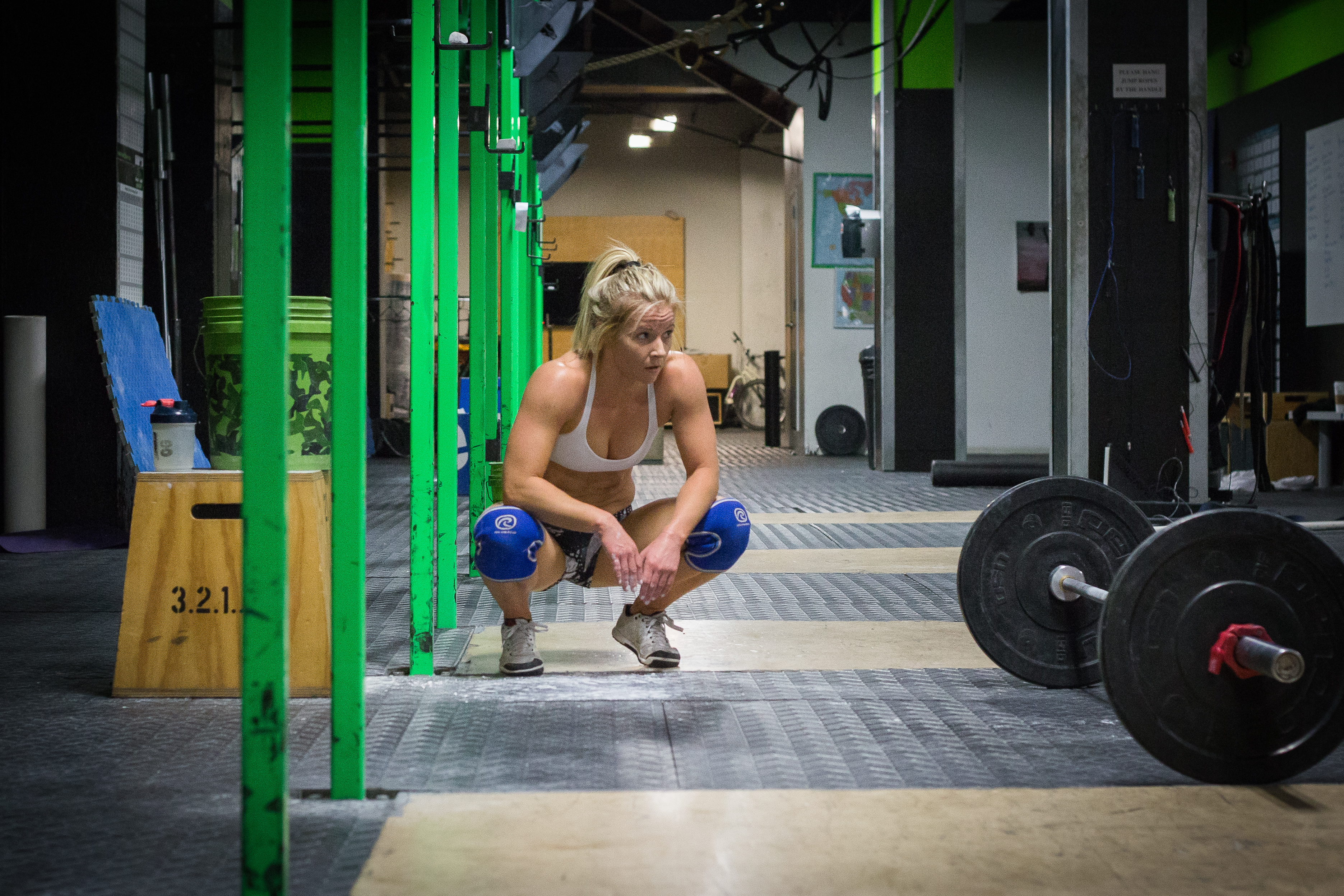Let’s assume that you are serious about improving as an athlete, are fully invested in learning to become better, but either cannot afford a coach, can only afford programming/online coaching, or do not live near enough one with whom you can work regularly. You are eager to learn and hungry to improve.
You may assume that you are already self coaching. You train alone, after all. And maybe you are! But maybe you are also resting longer than you need to, going on mental autopilot through your sets and just “feeling things out.” Things aren’t improving very quickly, and while you have a solid program, you don’t feel focused and driven in your workouts. You may not be doing anything wrong, but that doesn’t mean you are making the most of your training.
How do you determine what’s best for you?
It starts with learning to observe yourself in whatever ways you can. There are some relatively simple steps you can take to make sure you are maximizing your training, and taking full responsibility for your training and progress (which you should be doing even if you do have a coach!). There is no one “Right way” to train, but there are many tactics you can utilize to enhance your performance, and learning to self-monitor, to observe yourself as objectively as possible, will challenge you mentally and will ultimately make you a better athlete.
1. Check Yourself Out
Record yourself on video from different angles. If you have longer rests (3 to 5 minutes), then you have time to film yourself and quickly review your set. If you are actively working on a specific movement (faster elbows in your clean, fast lockout, etc), you can stop and see if you actually did what you think you were doing. Some people have incredible body awareness, but even very advanced athletes need an extra pair of eyes at times.
If the most advanced in the world need form checks, what makes you think you don’t? If you don’t have time (because you are taking short rests), watch the video later and incorporate whatever notes you take into your next session. If you are working on correcting a bad habit, then odds are the bad habit feels “natural and right,” and why you need to be able to visually check that you are correcting it. It can be difficult to go from “analytical brain” when reviewing the video to “athlete” brain and putting the correction into action, but this will help you develop focus and discipline that will positively impact your lifts.
2. Make Friends
If you have lifting partners or even just people you are somewhat friendly with at the gym, ask them to be your temporary coach and your “extra eyes.” If you do this, scale the request to the level of your observer, and give them very specific instructions. If you are working on keeping your knees out and screwing your feet into the floor during your squat, but you don’t tell your friend what part of your body to watch, they will probably won’t be able to help as much as either of you want. Ask them to watch your knees. Ask them to say “screw your feet!” when you hit depth.
People are usually willing to help out, they just might be hesitant if they aren’t confident they can help you. Be specific, tell them what you need, and say thank you. Help them help you, and you’ll feel satisfied with your effort. And return the favor when asked!
3. K.I.S.S. – Keep It Simple, Stupid
Maybe you have three things you really need to work on in your clean, and you are trying to do them all at once, every set. Pick one, and put all of your attention into executing it. The brain can only interpret and incorporate one new cue at a time typically, so if you’re working on engaging your lats more during your deadlift, just do that.
Don’t say in your head “break the bar, squeeze the lats, screw my feet into the floor, big breath…” it is too much and you will overwhelm yourself, and probably not perform any of the cues very effectively.
Pick one thing. Do it. If you’re working on multiple cues (as we often are), vary it set to set. Lats on one set, bracing on the next. Zero in on that cue, put all your focus on it – this should be challenging enough on its own. Sharpening your focus cue to cue and set to set will also sharpen your mental discipline and keep your attention where it needs to be: on your lift. Keep it simple, stupid.
4. Who Are You Talking to? Minding Your Inner Dialogue
This is deserving of its own article, book, dissertation, website, Instagram, Snapchat story, and on and on, but essentially what I want to highlight is the practice of mindfulness regarding your own thoughts. The ability to observe one’s own inner dialogue is a life skill that can help you in many ways, but in training it can specifically help you identify helpful, negative, or positive thought patterns that affect your lifts.
Do you find that every time you clean the log and get it in the rack position you think “God this is heavy?” Is that affecting your lift? What if you clean it and think “This feels good”? It might not make a difference. But maybe it will. And you won’t know until you start actively participating in your inner dialogue during your workouts.
Becoming conscious of of how you talk to yourself can be a lifelong process. Getting to know ourselves and examining how we cope with competition, training, nutrition, and all of our habits is a lifelong process. Notice how you narrate it – only then can you can you make changes.
Coaching yourself is very difficult in many ways. You are trying to keep track of your form, your cues, your inner dialogue, manage your rests, push through your hard sets, focus in a loud gym, hype yourself in a quiet gym, be mindful of your fellow lifters, stay hydrated/nourished, stay on task, keep the negative thoughts at bay, cultivate focused and positive thoughts, clear your mind entirely, and any number of other factors.
It is a lot, and there is a skill to be mastered in all of these things. But this is part of what makes serious training for the amateur or advanced strength athlete rewarding – we are committed to pushing our own limitations and actively cultivating discipline, power, and focus. It can be really difficult on your own sometimes, but there are many ways to manage self-coaching and I believe it is a crucial skill to develop that will have immeasurable positive carryover to your competitive performance and your life as a whole.

